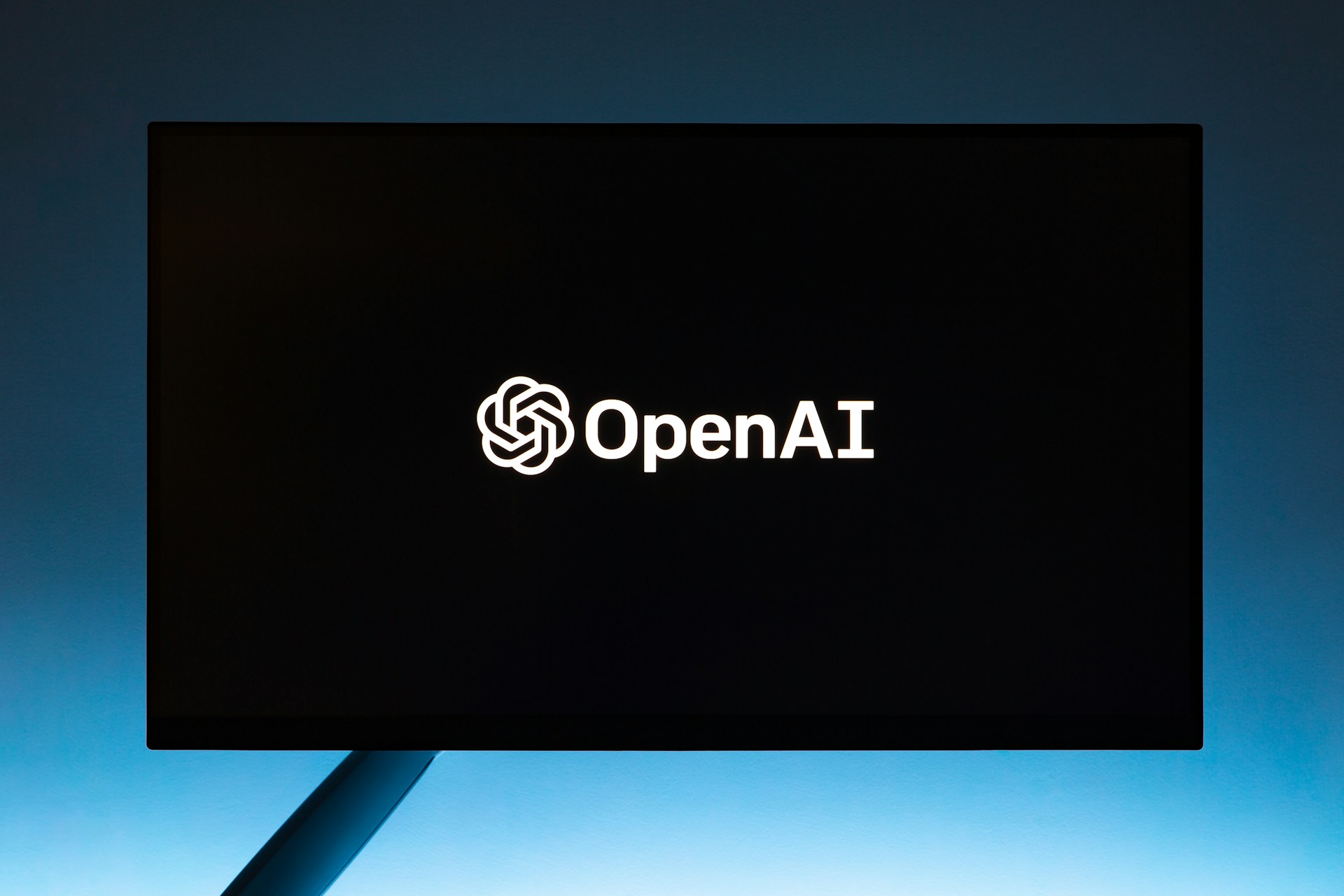OpenAI announced significant changes, including Sam Altman's departure from its Startup Fund's ownership and making ChatGPT accessible without sign-up, aiming to simplify AI engagement and clarify organizational structure.
OpenAI Fund's Ownership Shifts for Greater Clarity; Altman's Role Redefined
The change, documented in the March 29 filing, occurred after Altman's ownership of the OpenAI Startup Fund raised concerns about its unusual structure. While marketed as a corporate venture arm, Altman raised the funds from outside limited partners and made investment decisions. Despite his ownership of the fund, OpenAI has stated that Altman has no financial interest in it.
Axios first reported on the ownership change on Monday. According to an OpenAI spokesperson (via Reuters), the fund's initial general partner (GP) structure was temporary, and "this change provides further clarity."
The OpenAI Startup Fund invests $175 million raised from OpenAI partners such as Microsoft, but OpenAI is not an investor. According to the filing, control of the fund has been transferred to Ian Hathaway, a partner since 2021. Altman will no longer be a general partner in the fund.
OpenAI said Hathaway oversaw the fund's accelerator program and led investments in Harvey, Cursor, and Ambience Healthcare.
Altman, a former president of startup accelerator Y Combinator, has previously faced scrutiny for his extensive investment portfolio outside of OpenAI, which includes crypto startup Worldcoin and fusion company Helion Energy, as well as fundraising activities in the Middle East.
OpenAI stated that an independent investigation into Altman's dramatic ouster from the company last November found no wrongdoing regarding product safety or OpenAI's finances.
ChatGPT Now Accessible Without Signup, OpenAI Aims for Broader AI Engagement
OpenAI will allow users to access its free-to-use ChatGPT generative AI chatbot without signing up for the service, the Microsoft-backed startup announced on April 1.
ChatGPT, which launched the GenAI boom in late 2022, can mimic human conversation and perform tasks such as summarizing long texts, writing poems, and even developing party theme ideas.
The San Francisco-based company stated that the feature will be gradually implemented to "make AI accessible to anyone curious about its capabilities."
According to data analytics firm Similarweb, the popular service once had the fastest-growing user base; it had slowed growth since May 2023, when its traffic peaked at 1.8 billion web visits.
OpenAI stated that it has implemented additional content safeguards for users who access ChatGPT without registering, such as blocking prompts and generations in a broader range of categories. It didn't specify these categories.
Aside from the accessible version of ChatGPT, which does not have direct internet access, OpenAI provides paid versions for individuals, teams, and businesses. The company also stated that it may use user-provided content to improve its large-language models, but users can disable this feature.
The move comes about a month after billionaire entrepreneur Elon Musk sued OpenAI and its CEO, Sam Altman, alleging they abandoned the startup's original mission of developing artificial intelligence for the benefit of humanity rather than profit.
Photo: Andrew Neel/Unsplash



 Elon Musk’s Empire: SpaceX, Tesla, and xAI Merger Talks Spark Investor Debate
Elon Musk’s Empire: SpaceX, Tesla, and xAI Merger Talks Spark Investor Debate  Google Cloud and Liberty Global Forge Strategic AI Partnership to Transform European Telecom Services
Google Cloud and Liberty Global Forge Strategic AI Partnership to Transform European Telecom Services  AMD Shares Slide Despite Earnings Beat as Cautious Revenue Outlook Weighs on Stock
AMD Shares Slide Despite Earnings Beat as Cautious Revenue Outlook Weighs on Stock  Instagram Outage Disrupts Thousands of U.S. Users
Instagram Outage Disrupts Thousands of U.S. Users  Nvidia, ByteDance, and the U.S.-China AI Chip Standoff Over H200 Exports
Nvidia, ByteDance, and the U.S.-China AI Chip Standoff Over H200 Exports  Baidu Approves $5 Billion Share Buyback and Plans First-Ever Dividend in 2026
Baidu Approves $5 Billion Share Buyback and Plans First-Ever Dividend in 2026  Tencent Shares Slide After WeChat Restricts YuanBao AI Promotional Links
Tencent Shares Slide After WeChat Restricts YuanBao AI Promotional Links  Palantir Stock Jumps After Strong Q4 Earnings Beat and Upbeat 2026 Revenue Forecast
Palantir Stock Jumps After Strong Q4 Earnings Beat and Upbeat 2026 Revenue Forecast  SpaceX Pushes for Early Stock Index Inclusion Ahead of Potential Record-Breaking IPO
SpaceX Pushes for Early Stock Index Inclusion Ahead of Potential Record-Breaking IPO  Global PC Makers Eye Chinese Memory Chip Suppliers Amid Ongoing Supply Crunch
Global PC Makers Eye Chinese Memory Chip Suppliers Amid Ongoing Supply Crunch  Anthropic Eyes $350 Billion Valuation as AI Funding and Share Sale Accelerate
Anthropic Eyes $350 Billion Valuation as AI Funding and Share Sale Accelerate  OpenAI Expands Enterprise AI Strategy With Major Hiring Push Ahead of New Business Offering
OpenAI Expands Enterprise AI Strategy With Major Hiring Push Ahead of New Business Offering  Elon Musk’s SpaceX Acquires xAI in Historic Deal Uniting Space and Artificial Intelligence
Elon Musk’s SpaceX Acquires xAI in Historic Deal Uniting Space and Artificial Intelligence  TSMC Eyes 3nm Chip Production in Japan with $17 Billion Kumamoto Investment
TSMC Eyes 3nm Chip Production in Japan with $17 Billion Kumamoto Investment  SoftBank Shares Slide After Arm Earnings Miss Fuels Tech Stock Sell-Off
SoftBank Shares Slide After Arm Earnings Miss Fuels Tech Stock Sell-Off  Nintendo Shares Slide After Earnings Miss Raises Switch 2 Margin Concerns
Nintendo Shares Slide After Earnings Miss Raises Switch 2 Margin Concerns  Oracle Plans $45–$50 Billion Funding Push in 2026 to Expand Cloud and AI Infrastructure
Oracle Plans $45–$50 Billion Funding Push in 2026 to Expand Cloud and AI Infrastructure 





























